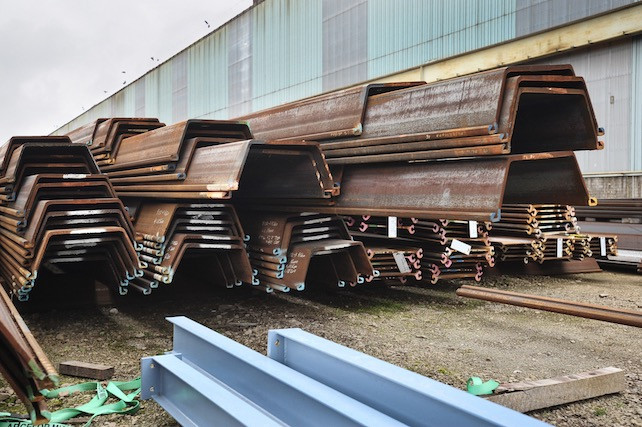Although Luxembourg is still primarily a linear economy, advances have been made to adapt to the circularity model, especially in traditional industry. Via academic debate and case studies, this week Delano will look at how far ingrained circularity has become into business activities and what remains to be done.
What is a circular economy? A useful definition is provided by Luxinnovation, the government-backed economic promotion agency: “The restorative use of materials and products in renewably powered cycles where everything is a resource for something else, generating positive economic, social and ecological impacts through improved quality and resource productivity.”
Many companies in Luxembourg, especially highly waste-producing industries such as steel have been applying a circular methodology for years. Now the government if formalising this process, viewing it as not just a “nice to have”; it is essential to economic survival.
It is difficult to find precise figures, but according to a study carried out by Luxinnovation at the start of Luxembourg’s circular journey, “Circularity supports 7,000-15,000 jobs, as well as more than €1 billion in economic activity in Luxembourg, primarily in manufacturing but also in construction, retail and other areas.” And there is much potential for growth.
The same Luxinnovation study claims, “Acceleration of circular economic practices at scale in Luxembourg has the potential to generate €300 million to €1 billion annual net-material cost savings and more that 2,200 jobs …in construction, automotive, manufacturing and logistics.”
The financial sector is playing too by applying circular economy principles to their own business models, as well supporting those companies in other sectors that do the same by structuring products that meet their specific needs.
